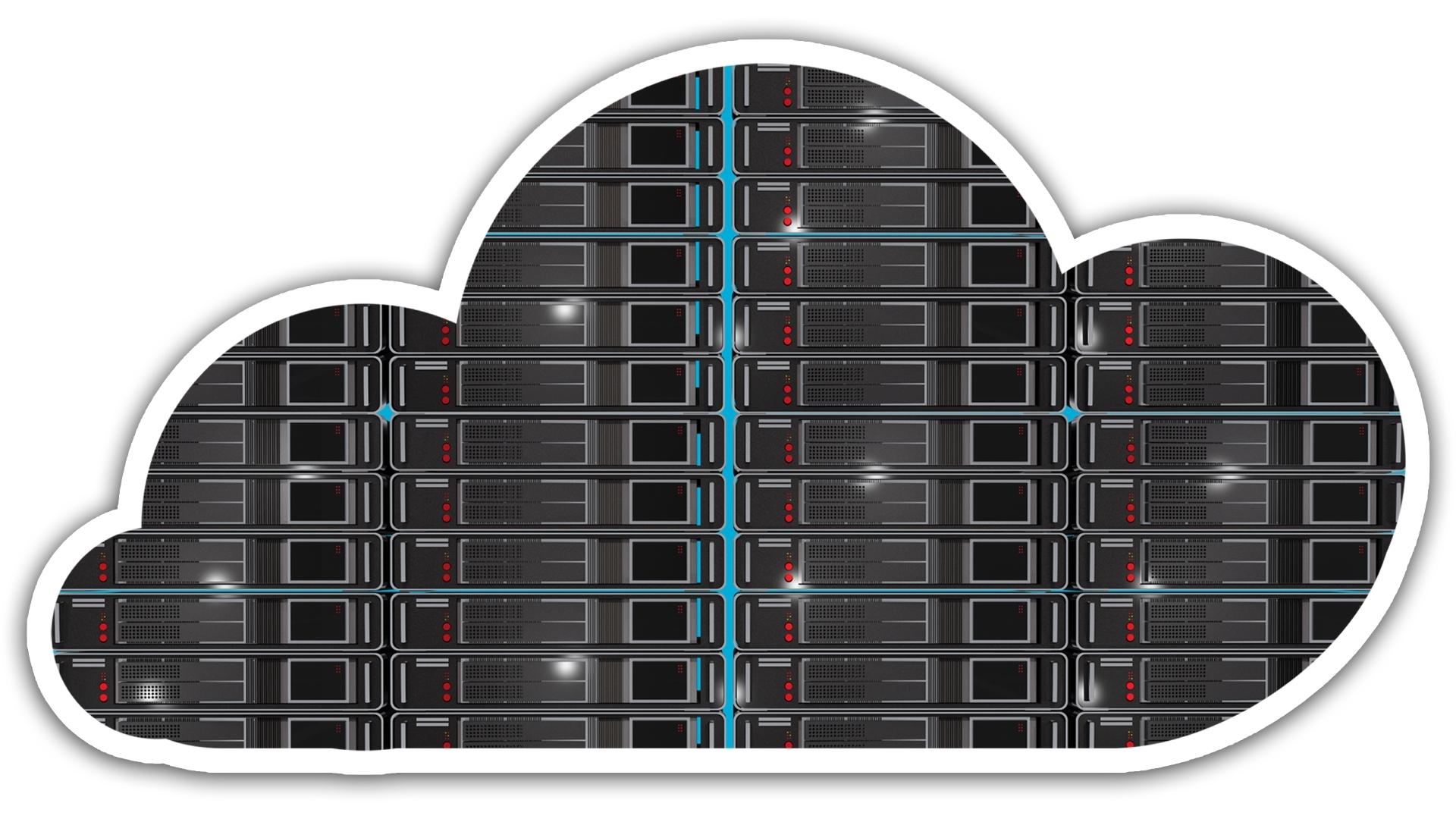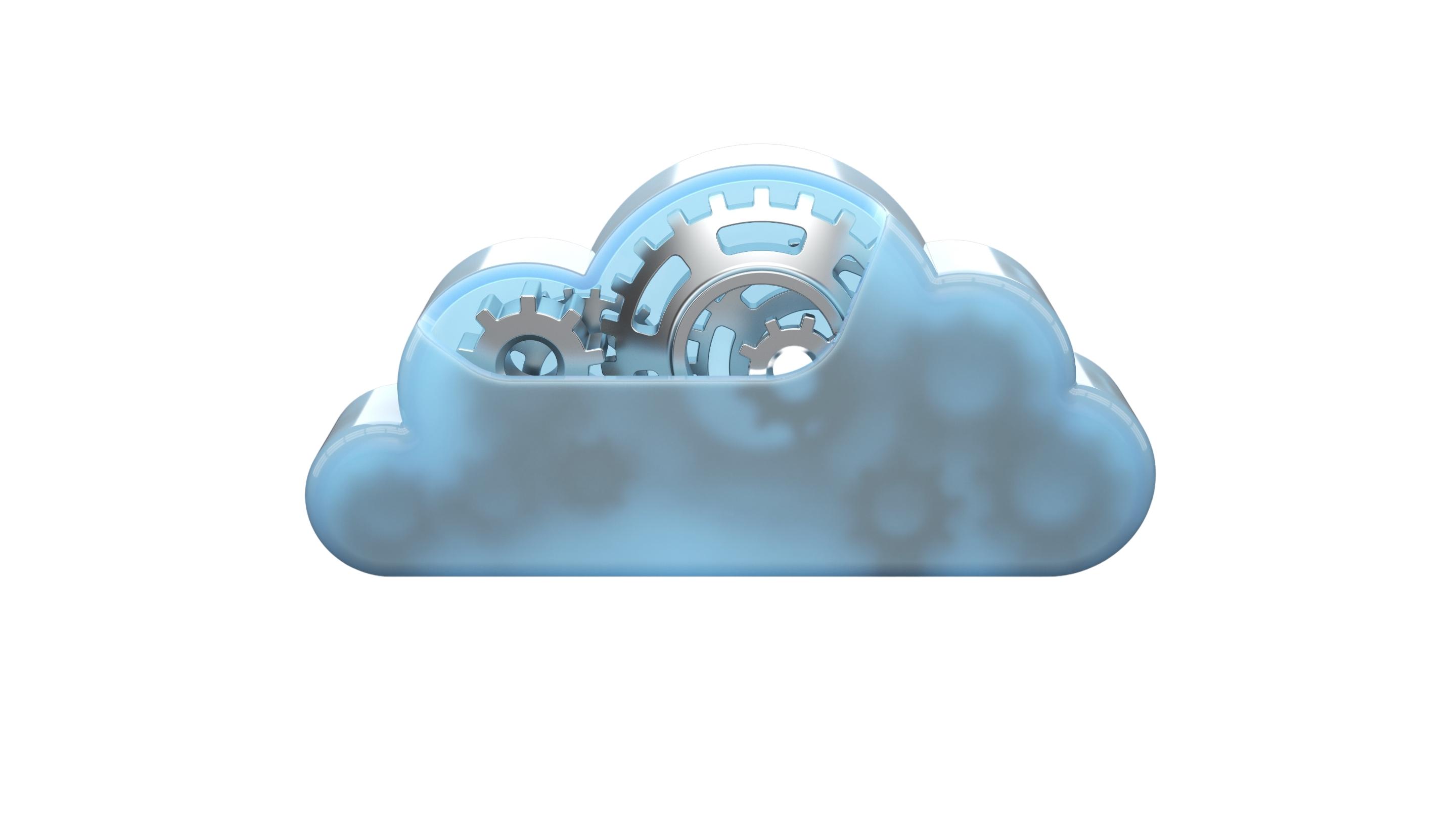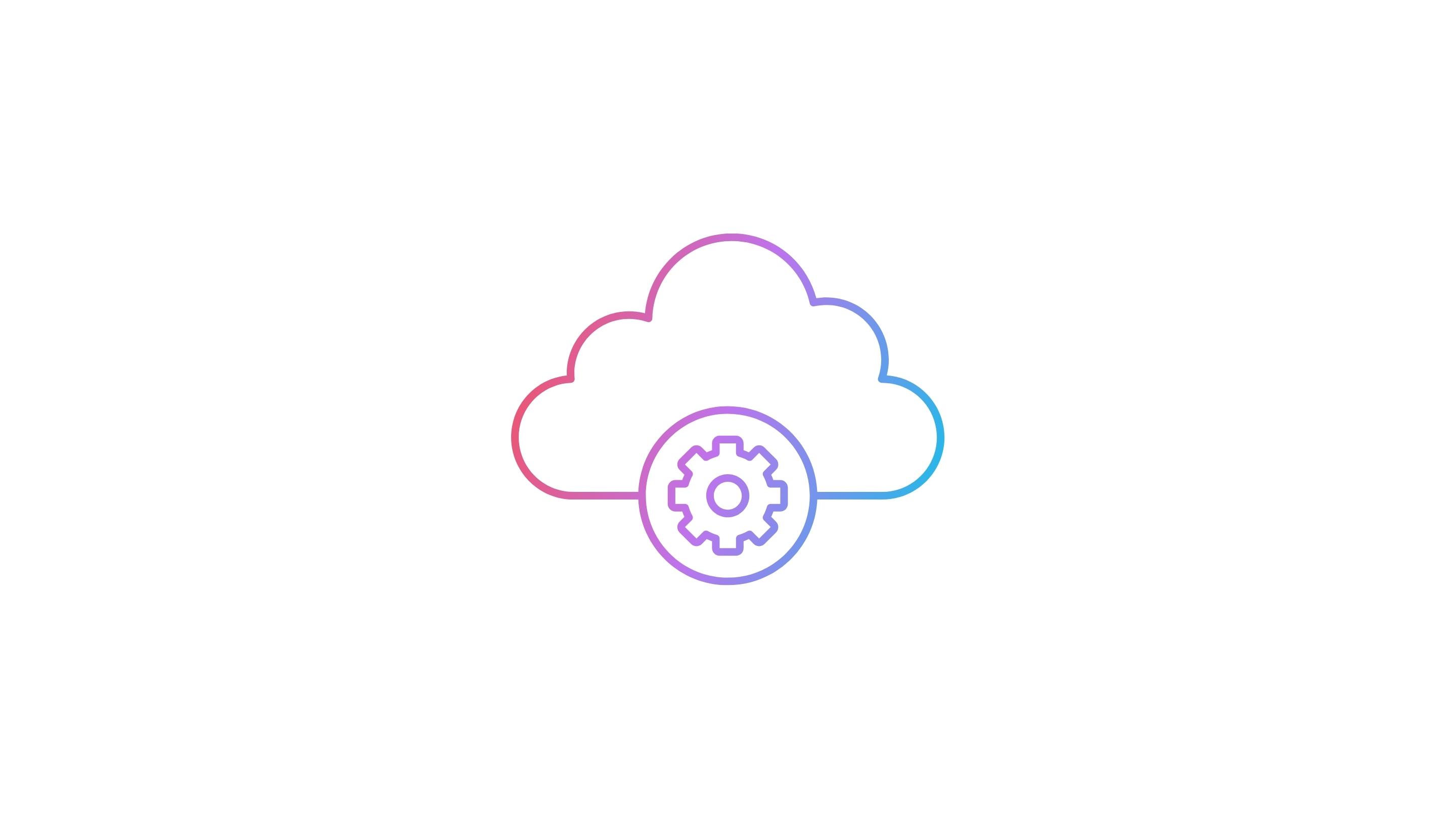Cloud Virtual Server Services
Cloud Virtual Server Services
Cloud Virtual Server Services
SDO Technology's cloud virtual server services are provided from Tier3+ and Tier4 data centers located in Istanbul and Ankara. Users benefiting from cloud services can operate at high performance with next-generation processors and Full Flash storage infrastructure. High security is achieved with different network configurations created for each user.
Users experiencing performance and operational issues with physical servers can seamlessly migrate their servers to the cloud environment with the professional team of SDO Technology. SDO Cloud's professional services analyze migration processes, create a migration plan, and execute all migration operations. No additional professional support is required to migrate to SDO Cloud.
Easy-to-use reliable service!
SDO Technology provides technical support 24/7, 365 days a year both on-site and remotely at no extra cost. Therefore, feel free to contact us if you have any questions or need any assistance.
- Domestic hosting service compliant with KVKK processes
- Predictable costs with monthly/TL payment
- High performance with next-generation Intel processor family
- Random performance values up to 100,000 IOPS with Full Flash storage
- High Internet Connection (500Mbit +)
- Server support based on operating system and application
- Automatic virtual server-based backup
- Attack prevention and security with Firewall/IPS/IDS products
- Enhanced load balancing with F5 LoadBalancer
- DDoS attack prevention
- Secure access with VPN
- Free server migration and virtualization support
- 24/7 Live Support
- DR Replication service for remote area data transfer (min 400km) with a 3rd copy


Infrastructure as a Service (IaaS)
Infrastructure as a Service (IaaS) is a cloud computing system that provides virtualized computing resources over the internet as a service. IaaS rapidly scales on demand, helping eliminate the need to purchase physical servers and other data center infrastructure. Each resource is provided as a separate service component. While the cloud service provider manages the infrastructure, users install, configure, and manage software, including applications, middleware and operating systems.
The primary benefits of cloud computing are cost savings, flexibility and accessibility. Service platforms such as servers, software, and management are paid for by the provider and can be adjusted with flexible increments to meet individual and corporate needs. Users pay for the features they need and configure these services dynamically. Cloud applications can be accessed from anywhere in the world and can be deployed within hours, days, or weeks.
Platform as a Service (PaaS)
Platform as a Service (PaaS) is a cloud computing model in which third-party providers distribute hardware and software tools as a service. Traditionally, these tools are designed for application development over internet access. A PaaS provider alleviates users from the need to install hardware or software within their own infrastructure by hosting the hardware and software within their own private infrastructure, thus eliminating the need for users to deal with constant upgrades. PaaS provides a built-in, seamless model for running applications in organizations of all sizes.

Software as a Service (SaaS)
SaaS provides a complete product operated and managed by a service provider. It is often used to refer to end-user applications (such as web-based email). You don't need to worry about maintaining the service or managing the infrastructure. The only thing you need to focus on is how to use the software.
There's no need to purchase software, own a specific computer, or spend money to keep the program up to date. The software is hosted in the cloud, eliminating the need for a computer for maintenance. This provides more agility, convenience, and accessibility. You can access your SaaS from anywhere as long as you are connected to the internet.

 English
English TÜRKÇE
TÜRKÇE